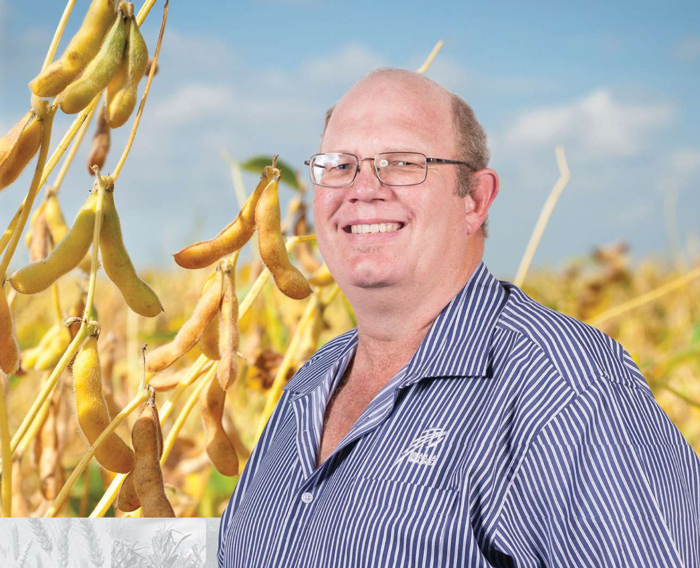July 2022

In the United States the average age of a farmer is 57,5 years, in the United Kingdom it’s 59 years and in Kenya it’s 60 years. The question of who will be producing our food in the future, is becoming a concern all over the world.
Succession planning is not just to give, but to ensure future success. Many of the farmers who are part of the Farmer Development Programme are not young anymore. I would venture to say that many of the commercial producers in the various industries follow a similar trend.
However, the concern that I feel needs discussing is closer to home – maybe more directly applicable, and will, in turn, also help alleviate the future dilemma of food production. This is the transfer of learnt skills, direct knowledge of each of our individual lands and the microclimates that each farmer deals with.
Knowledge and how to produce food can be learnt at schools, colleges, universities and through various courses, but the intimate experience that each farmer has gained is hard lessons learnt over time. This knowledge is extremely valuable. In a time of minimal profit margins, this knowledge can make or break new producers.
There has been so much hard, backbreaking work to get farms and lands to their current state. Surely it will be important that this cycle does not just start over with the next entrant into the agricultural world.
‘Generational wealth’ is a lively and misused term, regularly thrown around in the political sphere – often as an excuse, sometimes as a blame, but seldom as a goal, and it should be. This is not always a handover of financial wealth from one generation to another. It is more often the passing on of the advantageous knowledge for the next generation to succeed easier and improve and grow through what has already been achieved.
The age of farmers around the world, and in our own programme, would indicate that they are on the brink of being able to bring just that – generational wealth – to the next participants. It is the responsibility of each farmer to ensure that what has been gained, is not lost. This cannot be done for them and cannot be regulated, promulgated or forced. It must be a conscious choice to find or guide someone to continue with what has been begun – a succession to succeed.
Publication: July 2022
Section: Pula/Imvula